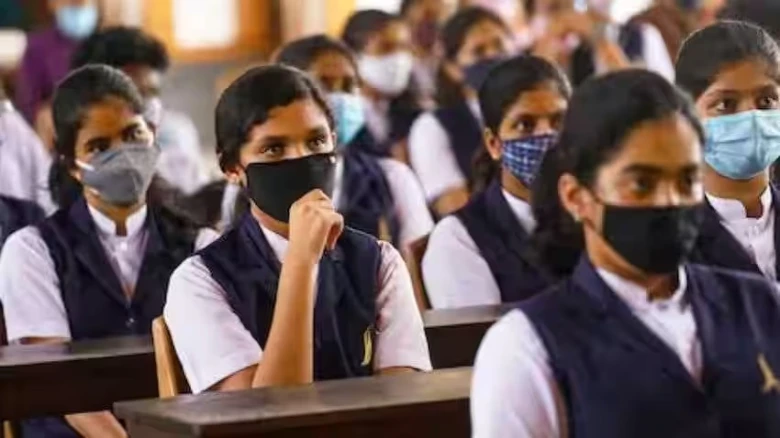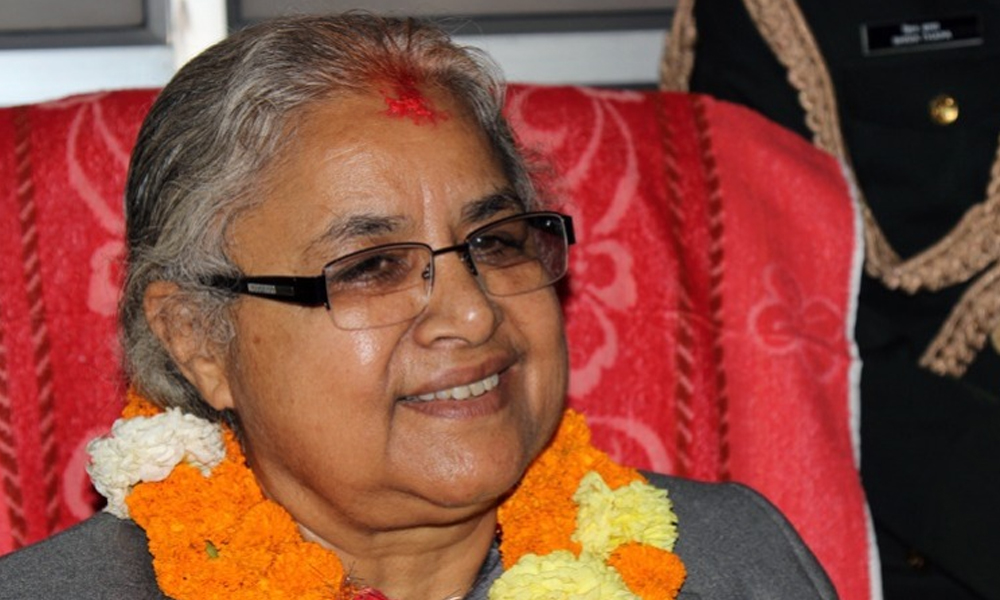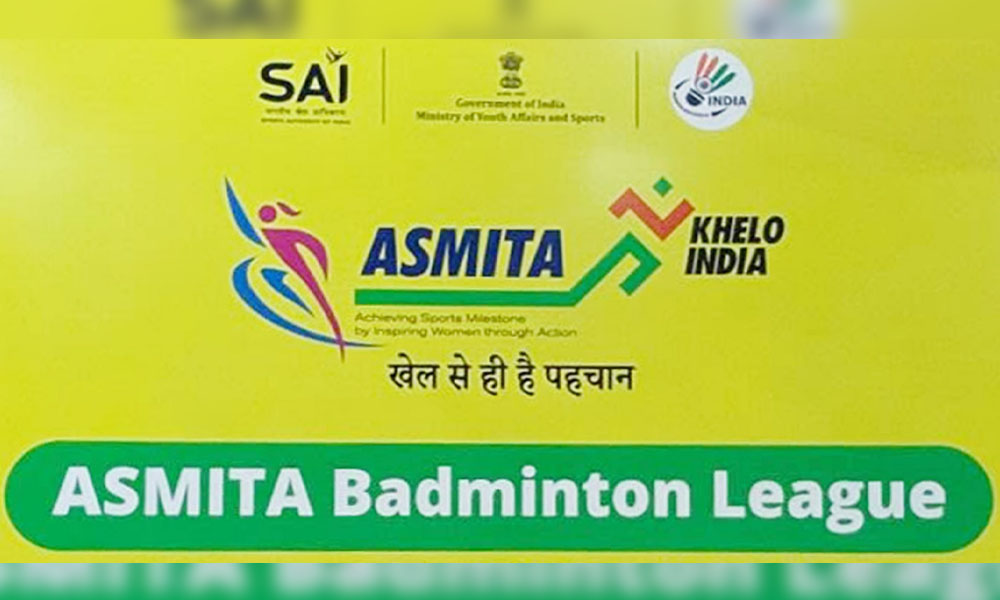Two languages must be studied by students, one of which must be an Indian language, according to the New Education Policy (NEP).
Digital Desk: The traditional annual board exams will undergo major modification under the transformational curriculum. Students will have two chances each year to get their highest scores on the board exams, which will be held twice annually. According to the new curricular framework of the Ministry of Education, this strategic move intends to improve the high-pressure environment frequently connected with a single annual exam.
NOT ONE, BUT TWO STUDY LANGUAGES
Two languages must be studied by students, one of which must be an Indian language, according to the New Education Policy (NEP). This strategy emphasises both the nation's rich cultural variety and its diversity of languages.
According to the final NCF (National Curriculum Framework) document that PTI was able to get, "students will be required to study two languages in classes 11 and 12, one of which must be an Indian language."
Instead of depending on weeks of instruction and memorization, the new framework encourages teachers to assess students' comprehension and ability. This method is centred on the student and aims to give students a greater topic and practical skill knowledge.
"Board exams will be given at least twice a year to provide students a chance to study and do well. After finishing a topic and feeling prepared, students can sit for a board exam in that subject. The best score will also be permitted to be kept," it added.
Significantly, there are more options for subjects. Students options won't be limited by the traditional division of the Arts, Science, and Commerce streams. In the future, the curricular framework hopes that students will be able to study a greater variety of topics, promoting well-rounded educational experiences.
"School boards must eventually build the capacity to provide 'on demand' tests. Before beginning this work, test developers and evaluators must complete university-certified courses in addition to board exams," it stated.
The framework's suggestion to refrain from the customary practice of 'covering' textbooks in the classroom demonstrates its focus on maximising educational resources. The Ministry also emphasises the necessity of lowering textbook costs to maintain universal access to high-quality education.
























